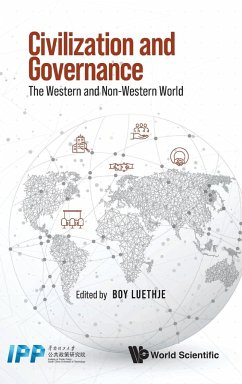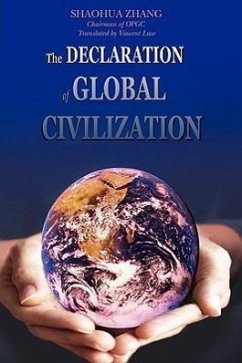The rapid rise of emerging economies has produced deep-ranging changes in the global order during recent decades. At the beginning of the twenty-first century, the bipolar confrontation of the Cold War seemed to be replaced by a universalized model of political liberalism and economic neo-liberalism. In recent years, however, rising nationalism and protectionism indicate the end of unfettered globalization, a looming crisis of liberal democracy, and a return to ideologies of "systemic competition", especially vis-a-vis China. Against this background, this volume takes a fresh look at the evolution of governance models in Western and non-Western civilizations - Africa, India, China, and the Muslim world in particular. These models have been largely self-contained and without intensive interaction for a long time. In the wake of globalization, systems, ideologies, and political values have become part of global discourse, eventually turning into what Samuel Huntington called a "clash of civilizations." The chapters in this volume offer perspectives on the diversity of civilizations of governance as a base for a new multilateralism in the global context. The contributions explore relevant theoretical concepts of transnational governance, law, and multiple modernity. The empirical focus is on analyzing different governance systems in non-Western civilizations and Europe, including national states and transnational institutions, traditions, and networks. The volume assembles papers presented at the 2019 International Conference of the Institute of Public Policy at South China University of Technology in Guangzhou, China. The contributions and the introductory framework have been updated to reflect the unexpected and unprecedented challenges from the coronavirus pandemic and the related economic and social crises.
Hinweis: Dieser Artikel kann nur an eine deutsche Lieferadresse ausgeliefert werden.
Hinweis: Dieser Artikel kann nur an eine deutsche Lieferadresse ausgeliefert werden.








